Britain since 1930
A popular topic in the past has been Britain since 1930, which usually provides a focus upon World War II. It is possible to retain a study of World War II in Key Stage II provided that the unit of study either links to the locality, or shows how this was a turning point and draws links to knowledge that children have already developed. In this section you will find podcasts, articles and resources to help you plan to teach World War II as a local study or turning point in history.
Sort by:
Date (Newest first) | Title A-Z
Show:
All |
Articles |
Podcasts |
Multipage Articles
-
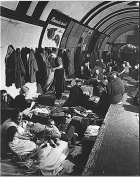
Case Study: World War II evacuation project
ArticleClick to view -
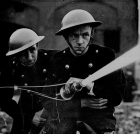
Changes within Living Memory
ArticleClick to view -
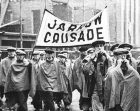
Jarrow Crusade
ArticleClick to view -
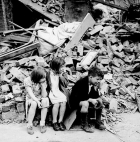
Children in the Second World War
ArticleClick to view -
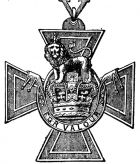
World War II medals at KS2 and Remembrance Day
ArticleClick to view -
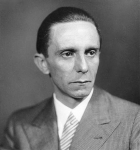
Propaganda and its power
ArticleClick to view -
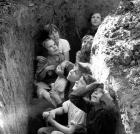
Evacuees: Children during World War II
ArticleClick to view -
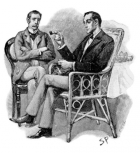
Detectives: what were schools like in the past?
ArticleClick to view -
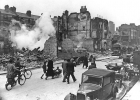
Magdalen Road
ArticleClick to view -
Dates of a Decade: the 1960s
ArticleClick to view -

Northamptonshire in a Global Context
ArticleClick to view -

A History Curriculum for the 21st Century: From Russia With Love
ArticleClick to view -

The impact of World War II on British children's gendered perceptions of contemporary Germany
ArticleClick to view -

Culture, Society and Politics in the 1930s: an excellent focus for history studies in the primary school
ArticleClick to view -

Rhyd-y-Car cottages at St Fagans Museum of Welsh Life
ArticleClick to view

